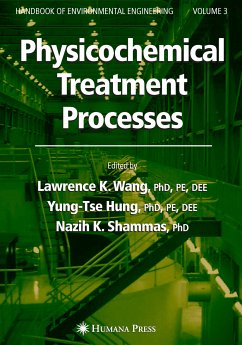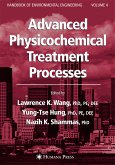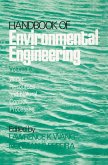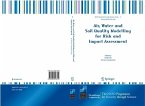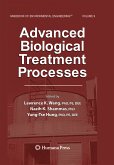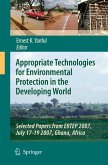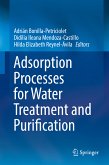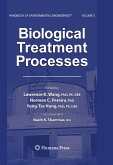Many human activities-and industrial production in particular-require enormous quantities of clean water and, at the same time, produce enormous quantities of wastes and pollution that require the development of major physical-chemical technologies, processes whose implementation and costs must be justified by the degree of treatment achieved. In Physicochemical Treatment Processes, Volume 3 of the Handbook of Environmental Engineering, a panel of practicing professional engineers and respected educators critically survey both the principles and practices involved in water pollution control, potable water treatment, water reuse, and sludge treatment. The authors discuss the performance, potential, and limitations of each major physicochemical treatment process in detail-including the physical and chemical theory behind it, the applications, the design procedures, examples, references, and cost data-as a basis for intelligent planning and realization of abatement systems. Among the processes covered are screening, comminution, flow equalization, neutralization, mixing, coagulation, flocculation, chemical precipitation, oxidation, recarbonization, softening, halogenation, and disinfection. Additional chapters discuss ozonation, electrolysis, sedimentation, dissolved air flotation, gravity filtration, granular activated carbon adsorption, and sludge treatment. The emphasis throughout is on developing the necessary engineering from fundamental principles of chemistry, physics, and mathematics. Two companion volumes, Air Pollution Control Engineering, Volume 1, and Advanced Air and Noise Pollution Control, Volume 2, survey the basic air pollution control techniques and the use of multiple techniques to deal with air, thermal, and noise pollution. Cutting-edge and highly practical, Physicochemical Treatment Processes, Volume 3 offers educators, students, and practicing engineers a strong grounding in the principles of this critical field, as well as effective methods for developing optimal physical-chemical technologies at costs that are fully justified by the degree of treatment achieved.
Dieser Download kann aus rechtlichen Gründen nur mit Rechnungsadresse in A, B, BG, CY, CZ, D, DK, EW, E, FIN, F, GR, HR, H, IRL, I, LT, L, LR, M, NL, PL, P, R, S, SLO, SK ausgeliefert werden.

